-
High-yield study guide for HESI 799 RN Exit Exam 2025
-
Realistic questions for effective practice
-
Proven success tips for nursing students
-
Focuses on essential RN concepts
-
Builds confidence for exam success
Preview
The mother of a 7-month-old brings the infant to the clinic because the skin in the diaper area is
excoriated and red, but there are no blisters or bleeding. The mother reports no evidence of
watery stools. Which nursing intervention should the nurse implement?
a. Instruct the mother to change the child’s diaper more often.
b. Encourage the mother to apply lotion with each diaper charge
c. Tell the mother to cleanse with soap and water at each diaper change
d. Ask the mother to decrease the infant’s intake of fruits for 24 hours. – -CORRECT ANS-
Instruct the mother to change the child’s diaper more often.
Rationale: Changing the diaper more often helps to decrease the amount of time the skin comes
in contact with wet soiled diapers and helps heal the irritation.
A client with history of bilateral adrenalectomy is admitted with a week, irregular pulse, and
hypotension. Which assessment finding warrants immediate intervention by the nurse?
a. Decrease urinary output
b. Low blood glucose level
c. Profound weight gain
d. Ventricular arrhythmias. – -CORRECT ANS- -Ventricular arrhythmias.
Rationale: adrenal crisis, a potential complication of bilateral adrenalectomy, results in the loss
of mineralocorticoids and sodium excretions that is characterized by hyponatremia,
hyperkalemia, dehydration, and hypotension. Ventricular arrhythmias are life threatening and
required immediate intervention to correct critical potassium levels.
A resident of a long-term care facility, who has moderate dementia, is having difficulty eating in
the dining room. The client becomes frustrated when dropping utensils on the floor and then
refuses to eat. What action should the nurse implement?
a. Allow client to choose foods from a menu
b. Assign a staff member to feed the client
c. Have meals brought to the client’s room
d. Encourage the client to eat finger foods. – -CORRECT ANS- -Encourage the client to eat finger
foods
Rationale: Eyes-hand coordination is often affected with dementia. Providing a way to eat
without using utensils is likely to help the client maintain independence while obtaining
adequate nutrition. A: increase frustration.
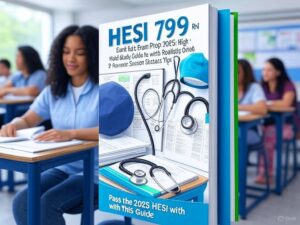
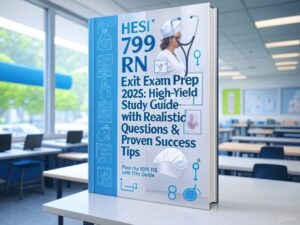





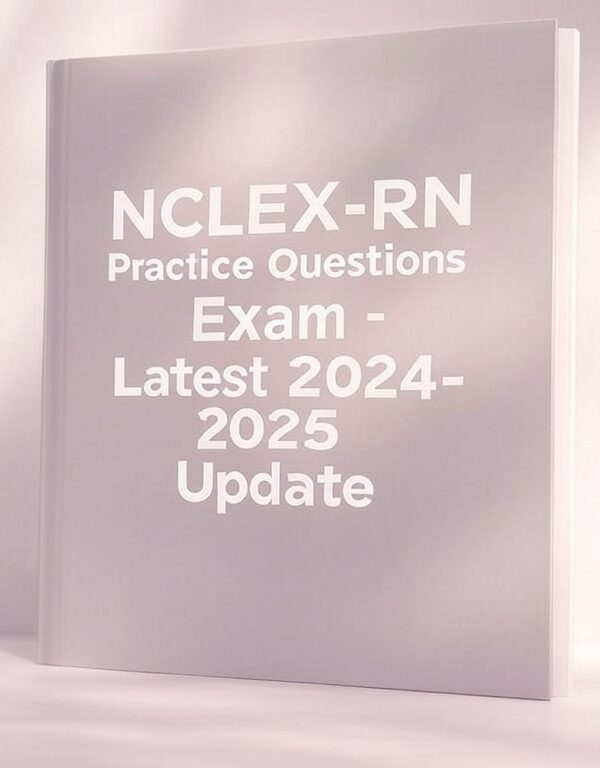
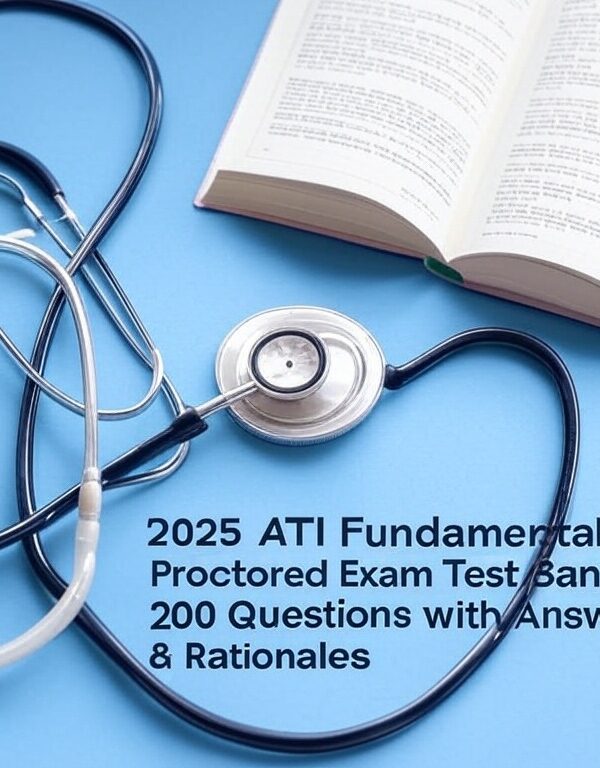

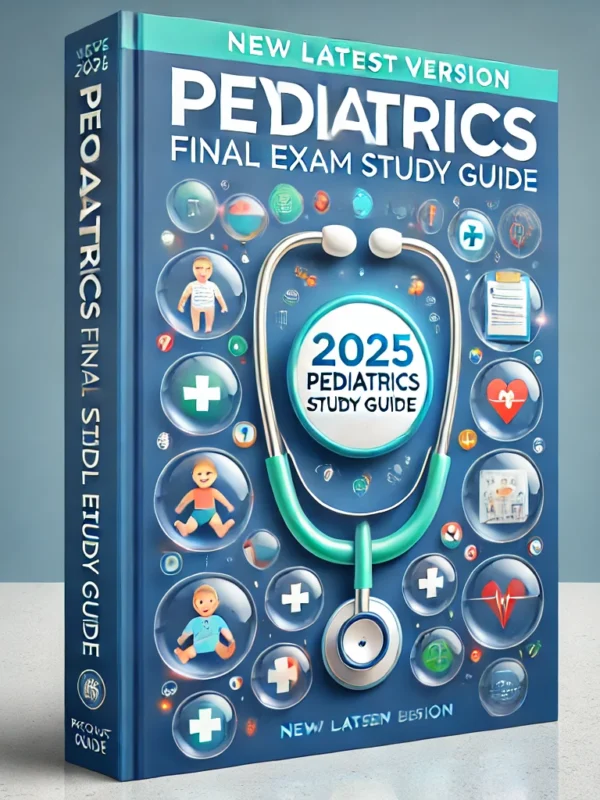
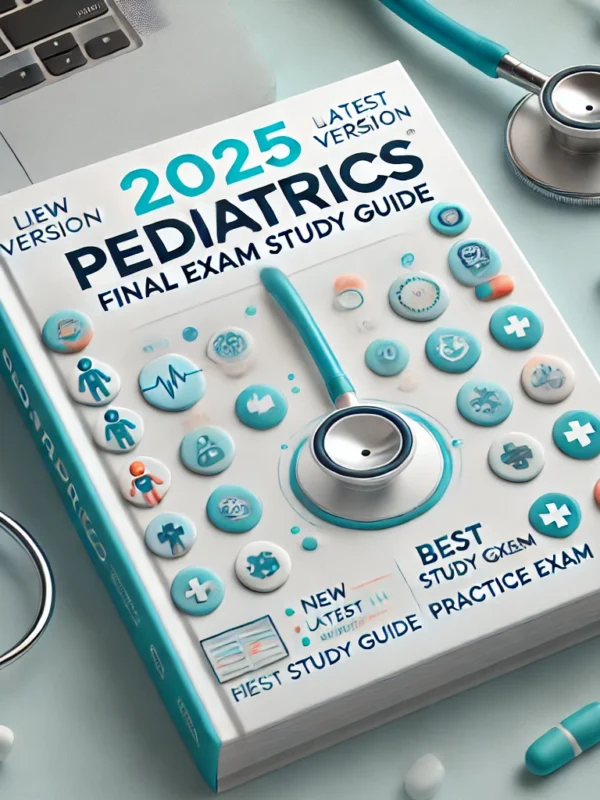
Reviews
There are no reviews yet.